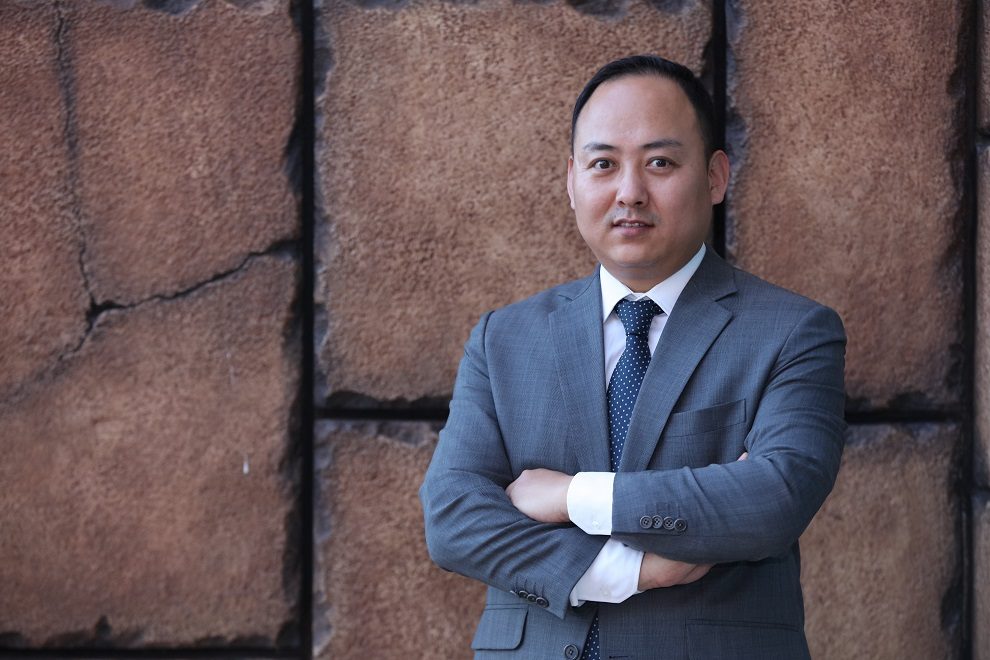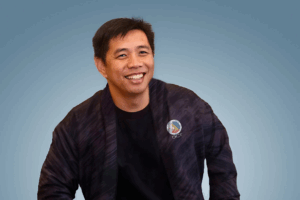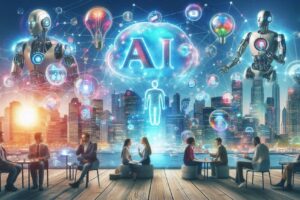Technology is at the heart of today’s society, and yet it is not as inclusive as it should be. Achieving a world in which technology makes life better for every individual, every family, and every organization requires a collaborative approach that focuses on not only technology distribution, but the development of applications and skills. By working together as a united information and communications technology (ICT) sector, and in partnership with the public and private sectors, we can bridge the digital gap to enable society to thrive as a whole in the age of intelligence.
The Earth is home to 7.5 billion people, but only half of the world’s population has access to digital technology. In a world that is increasingly driven by digital technology, it is essential that we close the digital divide by working to empower the unempowered so that everyone has the same digital rights.
Huawei believes that no one should be left behind in the digital world. Our TECH4ALL initiative centers on bringing partners together to develop digital inclusion and empowerment initiatives for the following four high-impact domains: environment, education, health, and development. One of the key purposes of TECH4ALL is to accelerate the United Nation’s Sustainable Development Goals (SDGs).
TECH4ALL has three core areas of focus: technology, applications, and skills. Through the technology focus, Huawei aims to make digital technologies affordable for developing regions with scalable, low-cost products, and solutions. The application focus aims to create digital ecosystems and help developers to build applications for different communities and industries. Last but by no means least, the skills focus sees Huawei work with local governments, communities, organizations, and other partners to improve society’s digital skillset.
The benefits of pursuing an inclusive digital society go beyond simply providing people with ‘nice to have’ Internet access. There is a clear correlation between technology and economic growth. Digitizing public services is something that governments are actively pursuing not only because it makes sense by making processes more accessible and faster, but because the good digital government can help businesses to flourish, increase citizen engagement, and provide a long-term boost to the economy. The digital government helps to make public institutions more inclusive, effective, accountable, and transparent, which in turn builds higher levels of public trust.
Technology also has the potential to increase social welfare and increases happiness, which has a positive knock-on effect on productivity. Happy people are, after all, more likely to be successful.
Connecting Remote Communities
A recent example of the power of connectivity can be seen in Mongolia, a vast but sparsely populated country with a widely dispersed population density of around 1.9 people per km2. More than half of the population lives outside of cities and towns – and four in 10 rural dwellers are nomadic. Only 100,000 homes out of 850,000 have Internet access.
To address this, Huawei collaborated with Unitel to launch a wireless home broadband solution in 2017. The service, Ger Internet, delivers rural connectivity to remote areas of Mongolia. There are 50,000 homes currently using the service. Users are reaping tangible benefits, such as receiving up-to-the-minute weather forecasts and the latest farming techniques, helping them to increase productivity. Businesses are able to build websites, with results already showing an impressive 190% increase in profits in three months due to advertising and a wider customer base. Internet access enables users to access online medical consultations and learning, and is helping to bring families who live apart together – such as when Kuta, a rural-dwelling eight-year-old boy received a video call for the first time from his brother, who studies in Korea.
Bridging the Talent Gap
The benefits of a digital future can only be fully realized by professionals who have the skills and understanding to push the boundaries of technology further. At present, a gulf exists between the number of job vacancies in the ICT sector and the engineers available to fill them – and the gap is widening. By 2025, 85% of business applications will be cloud-based, and 97% of large companies will use artificial intelligence (AI). However, there won’t be enough qualified engineers to operate these technologies if we don’t act now – which is where the Huawei ICT Academy, part of the TECH4ALL program, comes into play. The ICT Academy operates in partnership with universities from around the world to address the talent gap by providing students with hands-on training in the latest technologies, providing them with the foundation to become the next generation of great innovators.
A connected world opens doors – and a properly skilled workforce can achieve incredible things in the digital age. Technology brings new opportunities that benefit whole societies as much as the individuals that live within them. People have the chance to thrive, and economies prosper as a result.
We believe that inclusive technology is a universal goal. Together we can make a difference – Huawei’s TECH4ALL is a collaborative initiative that seeks ways to ensure that technology can benefit everyone, everywhere.












